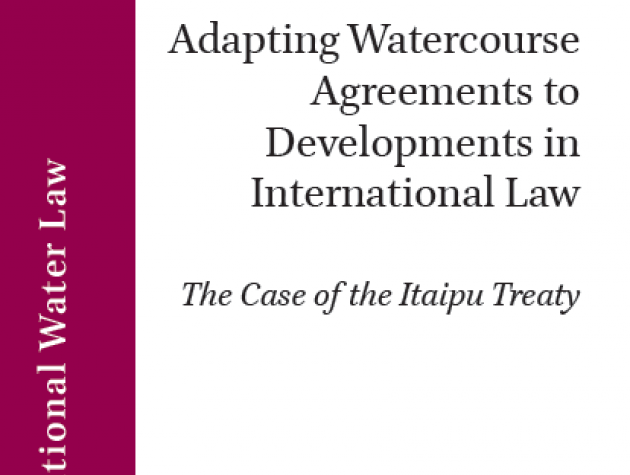The G20 – the perils and opportunities of network governance for developing countries
Authors: Leonardo Martinez-Diaz and Ngaire Woods
Abstract
The G20 Leaders’ group burst onto the scene in the wake of the global fi nancial crisis, a network of the world’s largest economies coming together to forge a common response. There are some signs that the G20 might become a new global strategic directorate, replacing and even going further than the pre-existing G8 leaders’ group. At their fi rst meeting in Washington DC on 14-15 November 2008, the G20 leaders laid out an action plan and tasked specific institutions to take forward elements of the plan. At the London Summit (April 2009) they increased the resources available to the IMF to respond to the crisis. At their third meeting in Pittsburgh (September 2009), they focused on the impact of the crisis on jobs, the real economy, and included climate change and energy policy. They also “designated the G-20 to be the premier forum for our international economic cooperation”.
What impact will the G20 Leaders’ group have on global governance? In this briefing we draw lessons from our research into eight other networks to examine the likely impact on emerging and developing countries in particular.






